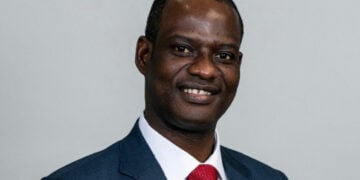Most of Africa has not participated in the energy transition to renewable energy yet. With enormous development potential in solar, wind, hydro and geothermal energy, market analysis has so far been disappointing. According to statistics, less than 2% of all global investments in renewables were made in Africa, and the share of jobs in this area was only about 3% in the region in the previous decade. Some African countries are still about 50% electrified, and about 900 million people do not have access to clean energy sources. Perhaps the situation will change in the near future, as large investors are increasingly willing to invest their money in African markets.
One of such companies is Dubai Investment Fund (DIF), an investment and asset management corporation from the UAE, which is going forward with an investment in the wind energy project in the North Africa region. The project aims to generate 600 megawatts (MW) of clean and renewable energy, equivalent to one million homes’ electricity needs. Full details and the number of investments are not disclosed yet, but according to sources this should be the largest investment in the wind energy sector this year.
According to our information, DIF is seeking other renewable projects in the region to fund. If this works out, it will not only help to meet the growing demand for clean and renewable energy, but also, in the long run, contribute to the economic growth of the countries in the region.
Examination of DIF’s past investments shows that the company focuses on investment in green energy and IT over interests in natural resources and oil. During past years, the company invested in green energy and eco-friendly companies, including SunTech, Northland Power and SolarEdge Technologies. The corporation understands the potential of this market and says on Twitter that investments in green energy are part of their strategy.
By 2027, the global market for renewable energy is expected to reach 1.1 trillion U.S. dollars, continuing its upward trend. Major contributors to the anticipated market growth include environmental concerns regarding fossil fuels, rapid urbanization and economic growth in emerging regions. The exponential growth in the global population and the world’s economy are compelling governments to intensify their efforts toward accelerating the transition to renewable sources of energy, which should further increase the global market for renewable energy over the coming years.











